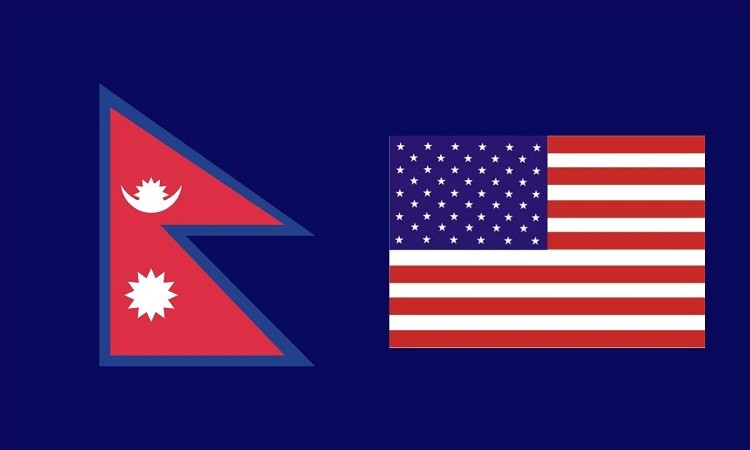
KATHMANDU: Nepal has refused to join the US-led State Partnership Program (SPP), which was established to share disaster management, military-to-military, and other defense-related cooperation initiatives.
Nepal filed a letter in 2015 and again in 2017 to join the SPP, which was later included in the US Department of Defense's Indo-Pacific Strategy in 2019. Since then, there have been several debates and deliberations about whether Nepal should join the SPP, as Kathmandu has stated that it will not join any military alliance or bloc.
Ahead of Nepal Prime Minister Sher Bahadur Deuba's planned visit to Washington in mid-July, a recent visit to Kathmandu by Charles Flynn, Commanding General of the United States Army Pacific, and the leak of a purported document claiming the US would give the Nepal Army $500 million for five years after the signing of the SPP have reignited debate in the country about whether Nepal should join the SPP.
The Deuba-led administration has chosen not to join the SPP after discussions with the ruling and opposition parties, both of which are dominated by Communist forces. After a series of criticism, Nepal's Foreign Minister, Narayan Khadka, has ruled out Nepal's participation in the SPP.
Khadka said the Prime Minister has previously said that the SPP is not in Nepal's interest and welfare, and it is not acceptable in the changing climate, in his address to the House of Representatives' International Relations Committee on Friday.
Nepal's High-Level Study Mission applauds food security provision in Odisha